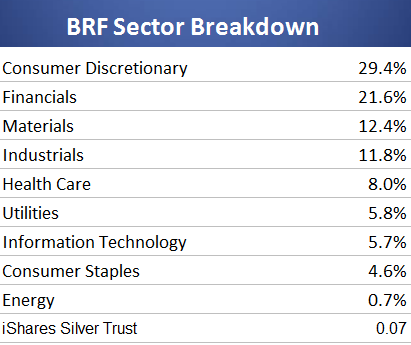Alternatives ETF Center
Post on: 4 Июнь, 2015 No Comment

Published on by Michael Johnston on January 13, 2010 | Updated February 26, 2013
Using ETFs To Access Alternatives
As ETFs have gained traction with investors, the size of the product lineup has grown rapidly. What was relatively recently a few hundred funds offering exposure to “plain vanilla” stock and bond benchmarks has quickly grown to an ever-growing line of exchange-traded products covering nearly every nook and cranny of the investable universe. This proliferation of ETFs has given investors more precise tools for accessing traditional asset classes, but it has also opened up investment strategies and asset classes that were previously either out-of-reach or that required considerable time and/or expenses to implement properly
Closer Look At Hedge Fund ETFs
Many investors have some misconceptions about the hedge fund asset class; stories of outrageous returns generated in the 1990s and early 2000s have led them to believe that hedge funds seek to generate massive absolute returns by taking on significant risk. But in reality, hedge funds aren’t always out to generate eye-popping absolute returns. As the very name of these vehicles suggests, most hedge funds are designed to hedge, dampening volatility and providing diversification benefits to traditional stock-and-bond portfolios.
Special Report: Alternative ETPs In Focus
Definitive Guide To 130/30 ETFs: 130/30 ETF Investing 101
Reviewing All The VIX ETF Options
The Long And The Short Of ETF Investing
ETF Profile: RALS
ETF Profile: HDG
How To Implement An Effective Rebalancing Plan
Under The Hood Of Leveraged ETFs
Leveraged ETF Report Card: A Closer Look At Performance
Rebalancing Act: A Primer On Leveraged and Inverse ETFs
Leveraged ETFs have become tremendously popular tools for investors looking to accomplish a wide variety of objectives, including hedging existing positions or amplifying exposure to market movements. In this working paper, Raymund Wong and Kara Hargadon analyze some conceptions surrounding leveraged ETFs and the returns exhibited by these products over certain historical periods.
The Other Side Of The Leveraged ETF Coin
Much of the confusion over leveraged ETFs has focused on the performance of these funds when held for multiple trading sessions. After the unprecedented volatility of 2008, many investors were left with the impression that leveraged ETFs are bound to erode returns over extended periods of time, resulting in returns that vary in magnitude and perhaps even direction from a simple multiple on the return generated by the underlying index.
These risks are very real, and necessitate the frequent monitoring (and perhaps rebalancing) of any leveraged investment. But theres a good chance of compounding working for investors as well. In certain environments such as the impressive rally of 2009 the compounding effect of leveraged ETFs can work for investors (or at least for those who made the correct directional call).














